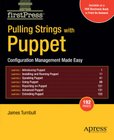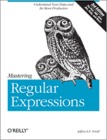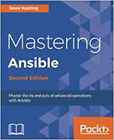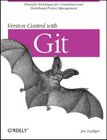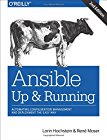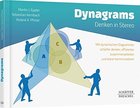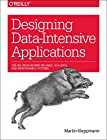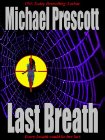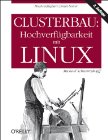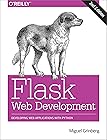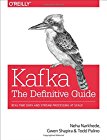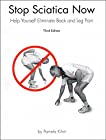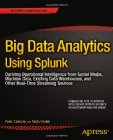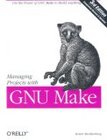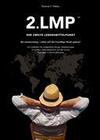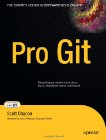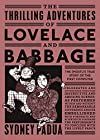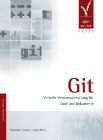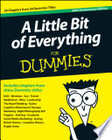
Once, when I picked up a book from the local library, the librarian asked to tell her what I thought about the book when I would bring it back. Well, why not write a few lines about all the books I read so everybody could see what I thought about it? I'm often also happy to have friends recommend a certain book or tell me this and that is not really worth reading. I won't comment about the tons of books I have read so far, but about books I read from now on.
| highly recommended | sehr empfohlen | |
| good reading | gutes lesematerial | |
| average | durchschnittlich | |
| not too interesting | nicht allzu interessant | |
| recommended not to read it | empfehlung das buch nicht zu lesen |














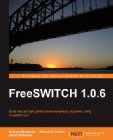



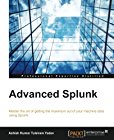










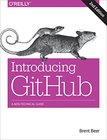
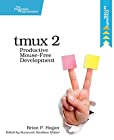















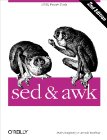































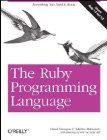

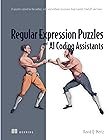






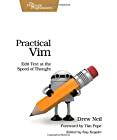






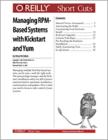



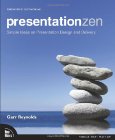

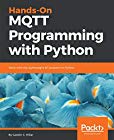
 |
|
|---|---|
| title | The Unicorn Project |
| author | Gene Kim |
| ISBN-10 | 1-942-78876-2 |
| ISBN-13 | 978-1-942-78876-8 |
| ASIN | |
| rating | |
| date | 2020-Jul-08 |
This is a book along the lines of "The Phoenix Project" by the same author. It plays in the same company, at the same time. But they are two completely independent books and yet they complement each other in some way. The Unicorn Project picks up topics which were not covered by The Phoenix Project.
The Unicorn Project is a business/developer book written in the style of an interesting story. It's in the perspective of Maxine, one of the best developers the company has. For some stupid reason, Maxine is transferred to a different section. Even though she is told to lay low for some time and later come back, she still wants to be useful in her exile. To be useful, she must be able to compile the code everybody is working on. But nobody seems to know the details needed to setup a working development environment. Maxine is not only skilled, but also persistent. And bit by bit she uncovers inadequacies after inadequacy and finds solutions for them or people with solutions.
Basically the book, by telling a story, teaches some important principles of modern software (and business) development. At times it seems like Maxine and her friends are inhumanly strong superheroes, but I can easily see how making the characters more humanly possible would require more characters and a more complicated setup in the story; the chosen setup therefor is in line with the main goal of the book: to teach some good principles.
If you have read and enjoyed "The Phoenix Project", you'll like this book as well. If you haven't read it, try either of the two and read the other if you liked the one you chose to read. Oh, and of course, try to apply the principles you learn from this book in your own environment; you might not be blessed with the same overly incredible success our superheros have, but hopefully you don't need to start out in such a hopeless environment either.
































